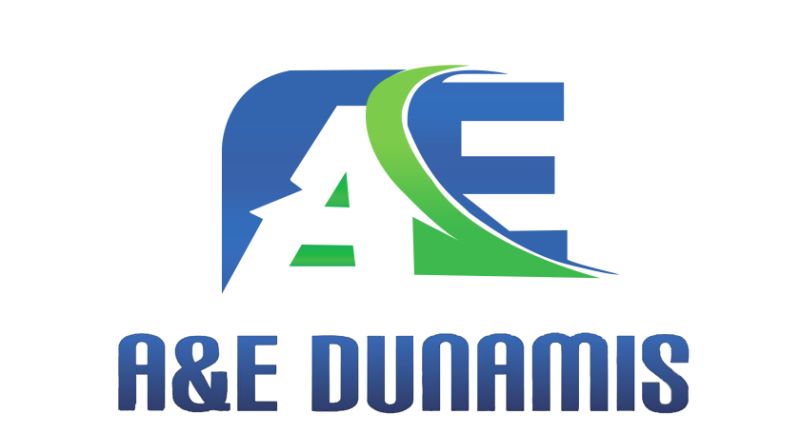Can You Use Old Batteries with a New Hybrid Inverter? – A&E Dunamis Inverter Guide
Can You Use Old Batteries with a New Hybrid Inverter? A&E Dunamis Inverter Guide
Introduction
Thinking about upgrading to a new A&E Dunamis hybrid inverter but still have your old batteries lying around? It’s a common question: Can I use old batteries with a new hybrid inverter system? The short answer is yes but with caution.
In this blog post, we’ll explore battery-inverter compatibility, the risks of using old batteries, and how the A&E Dunamis hybrid inverter handles such setups.
What Is a Hybrid Inverter?
A hybrid inverter combines the functions of a solar inverter, battery inverter, and grid-tie system — allowing energy to be stored in batteries and supplied when needed. The A&E Dunamis hybrid inverter is designed for smart energy management, efficient charging, and seamless switching between solar, battery, and grid power.
Can You Use Old Batteries? Yes, But Here’s What to Check
Using old batteries with a new A&E Dunamis inverter is technically possible, but there are four major factors you should evaluate:
1. Battery Type Compatibility
Ensure that the battery type (lead-acid, lithium-ion, etc.) is supported by your A&E Dunamis model. Most A&E Dunamis inverters are compatible with:
- Tubular lead-acid batteries
- GEL/SMF batteries
- Lithium-ion batteries
Check your inverter’s user manual or consult an A&E installer to confirm compatibility.
2. Battery Health & Capacity
Using degraded batteries can:
- Limit your inverter’s performance
- Increase charging time
- Reduce backup duration
Use a battery analyzer to check voltage, internal resistance, and capacity. If the State of Health (SOH) is below 70%, replacement is recommended.
3. Battery Age
Batteries older than 3-5 years may show signs of sulfation, low electrolyte levels, or internal corrosion. This can damage your new inverter over time due to erratic voltage behavior.
4. Charging Profile Settings
The A&E Dunamis hybrid inverter allows you to customize charging parameters:
- Float Voltage
- Boost Voltage
- Charging Current
Set these based on your battery’s age and type. Using conservative settings can help prolong the life of older batteries.
Risks of Using Old Batteries with New Hybrid Inverters
Here are some potential drawbacks of pairing old batteries with a new inverter:
- 🔋 Reduced Efficiency: Older batteries charge and discharge less efficiently.
- ⚠️ Inverter Overload or Shutdown: Voltage instability may trigger error codes.
- 🔥 Safety Risk: Damaged or leaking batteries can pose fire hazards.
- 🛠️ Increased Maintenance: More frequent monitoring and topping up (for lead-acid).
Expert Tip: Use Mixed Battery Banks with Caution
Some users attempt to mix old and new batteries. This is not recommended, as weaker batteries can:
- Drain faster
- Cause uneven charging
- Reduce the overall lifespan of the bank
If unavoidable, try to group batteries with similar age and capacity.
Why Choose A&E Dunamis Hybrid Inverter for Your Setup?
- ✅ Wide battery compatibility
- ✅ Adjustable charging settings
- ✅ Smart protection features
- ✅ High-efficiency MPPT controller
- ✅ Real-time battery health monitoring
Whether you’re using new or older batteries, the A&E Dunamis inverter ensures optimal performance with advanced safety and management controls.
Final Verdict: Should You Use Old Batteries?
If your old batteries are still in decent condition and match the inverter’s technical specs, you can use them temporarily. However, for long-term performance and safety, consider investing in new batteries — especially lithium-ion for longer lifespan and better efficiency.
Need Help Choosing the Right Battery for Your A&E Dunamis Inverter?
Our experts can help you evaluate your existing batteries or recommend the best replacements. Contact us today for a free consultation or visit our store for the latest A&E Dunamis inverter and battery bundles.

